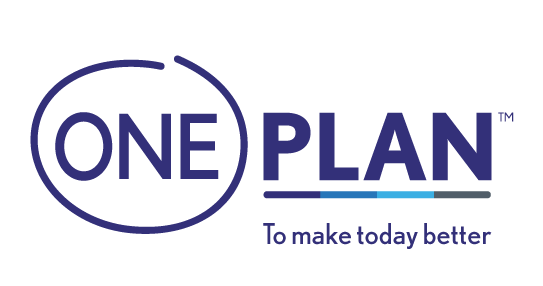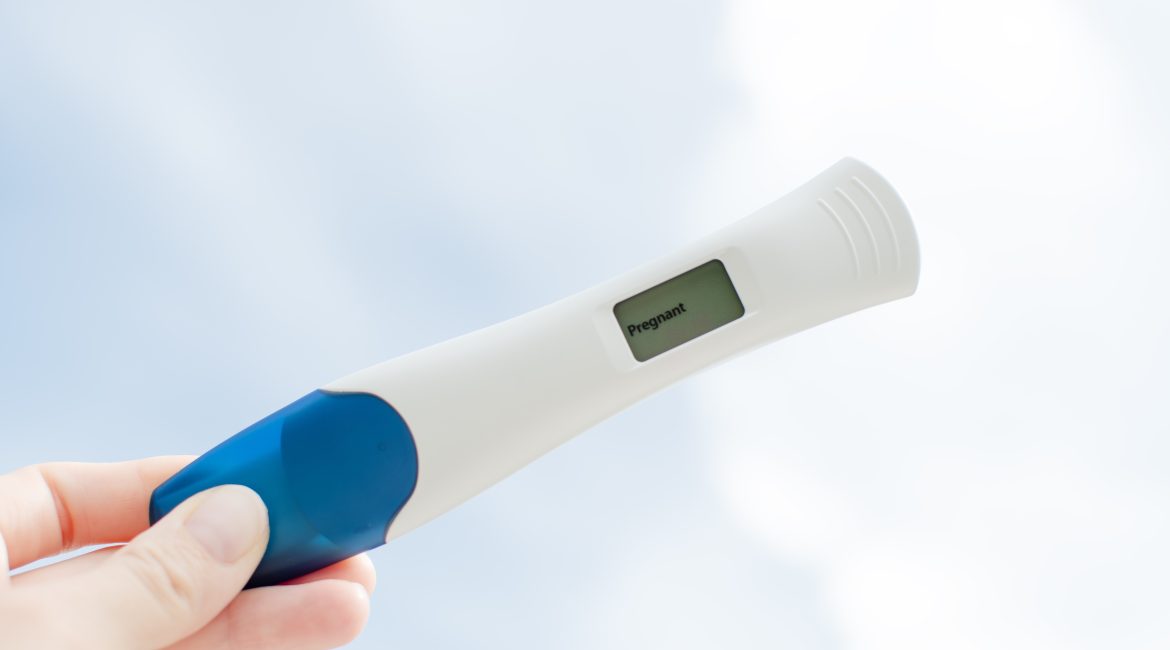It’s normal to wonder what to expect in the first trimester of pregnancy – there are a lot of changes happening in your body. Your baby is growing and developing and so your body is too. Here’s what to expect, as well as a simple checklist to make sure you are on the right track.
You might not be showing it yet, but you are certainly feeling the fact that you are pregnant. Are you feeling tired? Hungry but can’t seem to bring yourself to eat anything? Moody? Did I mention that you’re feeling tired?
These are just some of the symptoms to expect in your first trimester… Your body is prepping for the growth and development of your baby. There is a rush of pregnancy hormones flowing through your body right now.
This means you’re going to experience some aches and pains, flatulence (yup, you read that right), and of course, fatigue. Try to remind yourself that these discomforts are only temporary, and you are involved in the incredible process of growing a baby!
While you’re here, read this: What To Expect in Your Third Trimester of Pregnancy
What to Expect in the First Trimester of Pregnancy
Your first trimester starts from week 1 of pregnancy through to the end of the 13th week.
Your baby’s growth in the first trimester
In the first trimester of pregnancy, your baby develops from a zygote (which is a single fertilised cell), into an embryo – implanting itself to your uterine wall, and then into a bundle the size of a peach as it starts to grow limbs and vital body systems.
Your baby’s bones
Around week 6, your baby will start to sprout legs, feet, arms and hands. Fingers and toes will come in around week 10.
Your baby’s hair & nails
Skin will begin to form between week 5 and 8. The nail beds and hair follicles form around week 11.
Your baby’s digestive system
Your baby’s intestines will form around week 8.
Your baby’s eyesight
The optic nerves and lenses start to form by week 4, and the retina will form around week 8.
Your baby’s touch receptors
Your baby will develop a sense of touch on his or her face around week 8. At week 12, she will have sense receptors on the palms of her hands, soles of her feet and on her genitals.
Your baby’s brain
At around week 8, your baby’s brain will start to wiggle her little limbs.
Your baby’s heart
At week 5, your baby’s heartbeat will become stronger and around week 9 or 10, you will be able to hear it! How exciting?
Your baby’s sense of taste
By week 8, your baby will have started to develop taste buds that are connected to her brain. But she will still need taste pores (which develop around week 16). Once she has these, she can taste the surrounding amniotic fluid (this tastes like your most recent meal).
Related: Breastfeeding Tips: Everything you need to know in the first week
Changes in your body in the first trimester
Here are some of the common symptoms you can expect:
Morning sickness – This will start around week 6 and it’s not just limited to the morning. Ginger tea and smaller, more frequent meals can help with this.
Tender and sore breasts – Week 6 will bring about big changes in your breasts. They will feel tingly, tender and increase in size.
Mood swings – Sorry ladies, but here comes the crazy! Prepare for up and down emotions and try to keep a clear and calm mind as best you can. Yoga, meditation and deep breathing techniques will help with this.
Other symptoms include:
- Heartburn
- Constipation
- Headaches
- Food aversions
- Metallic taste in your mouth
What to know about weight gain and your first trimester
You might gain around 2kgs in your first trimester. If you are experiencing a loss of appetite, then you might lose a little weight and that’s okay! As long as your expected pregnancy weight gain picks up in the second trimester (your doctor will track your weight throughout your pregnancy). Focus on eating smaller, more frequent meals that include nutritious foods such as:
- Bananas
- Avocados
- Yoghurt
- Whole grain bread and crackers
Read this: What’s The Deal with Cravings During Pregnancy?
Symptoms to speak to your doctor about
It’s important to know that your risk of miscarriage is at its highest in the first trimester. If you notice any of these symptoms, then get them checked out:
- Severe abdominal pain
- Heavy vaginal bleeding
- Painful urination
- Sudden thirst
- Fever
- Severe swelling and puffiness in face/hands
- Issues with vision
Your first-trimester checklist
- Start a prenatal vitamin
- Choose your doctor (make sure you feel comfortable with him or her)
- Book your first OB-GYN (obstetrician-gynaecologist) appointment
- Chat to your doctor about genetic tests based on your risks
- Start to plan your budget and learn about the costs of having a baby
- Eat right and stick to what your doctor says you can and can’t eat
- Take time out for fitness (at least 30 minutes a day, 5 times a week
- Start to think about baby names
- Plan to announce your pregnancy around week 12
Are you covered for medical expenses?
Of course, you also need to make sure you have some form of medical cover such medical aid or health insurance to help cover the costs of pregnancy and doctor visits (if you already have medical aid, make sure you also have gap cover for those pesky shortfalls and co-payments). You will need to have this form of cover before you fall pregnant in order to utilise the maternity pre-birth benefits.
Related: Why you need health insurance when you’re expecting
Now that you know what to expect in the first trimester of pregnancy, you can breathe a sigh of relief in knowing that the second trimester is a whole lot easier!
Your Health Insurance Family,
Oneplan




